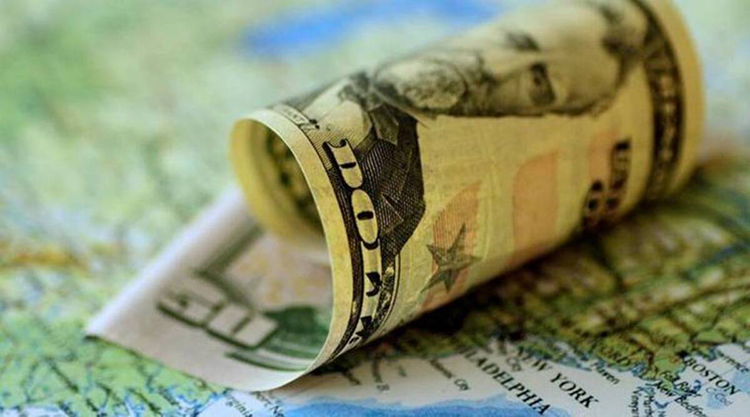
Global forex reserves as a share of GDP have decreased from 15.4% of GDP to below 14% in the previous six years, according to a Credit Suisse research report, as countries headed by China focus on accumulating assets abroad rather than increasing foreign currency (forex) reserves. To avoid currency appreciation, countries like India and Switzerland accumulated reserves rather than investing in assets abroad.
Global currency reserves would have declined in absolute terms if it hadn’t been for Switzerland and India, which acquired dollar assets to prevent the Swiss franc and rupee from appreciating. According to a research from Credit Suisse (Securities) India, reserves have declined drastically in China and Saudi Arabia, which are now investing in assets abroad rather than collecting forex reserves, and have increased slowly in most countries.
The value of global reserves climbed consistently from $2 trillion in 1999 to $12 trillion in 2014, but then plateaued. “After climbing from 5.5% in 2000 to 15.4% in 2014, they are presently below 14% as a part of global GDP,” Credit Suisse said.
Earn passive income trading Forex, CFDs, Commodities, Binary options, Cryptocurrencies like Bitcoin and Ethereum as well as more rare coins in India with trusted brokers
Forex reserves are a country’s foreign assets stored in liquid form by the central bank as a hedge against financial shocks. On April 8, 2022, India’s foreign exchange reserves were $604 billion.
According to Credit Suisse analysts Neelkanth Mishra, Prateek Ancha, and Abhay Khaitan, the rise in Switzerland and India has less to do with sequestering the country’s funds into secure assets and more to do with preserving the local currency from strengthening against the US dollar. Over time, a country with a current account surplus will amass foreign assets.
China and Saudi Arabia continue to amass overseas assets, but not in the form of foreign exchange reserves. Reserves as a percentage of China’s foreign assets have declined over the last decade, from 70% in 2010 to less than 40% presently. Saudi Arabia’s drop was from over 60% to less than 40%.
China and Saudi Arabia, two of the world’s largest reserve holders, saw their holdings plummet. “With the exception of Switzerland (up) and India (flat), they have decreased in practically every country, with the overall ratio dropping from 27% to 20%. This is to boost returns while lowering risk, as “liquidity comes at a price,” according to the article.
Saudi Arabia, Singapore, and Norway have established sovereign wealth funds (SWFs) with total assets of $10 trillion, while Japan and China have permitted their companies to buy assets in other countries. “These assets are difficult to employ in times of crisis, but they are better for the economy overall,” it stated.
Subscribe for our newsletter
Get Forex brokers reviews, market insights, expert analytics and education material right into your inbox for free!